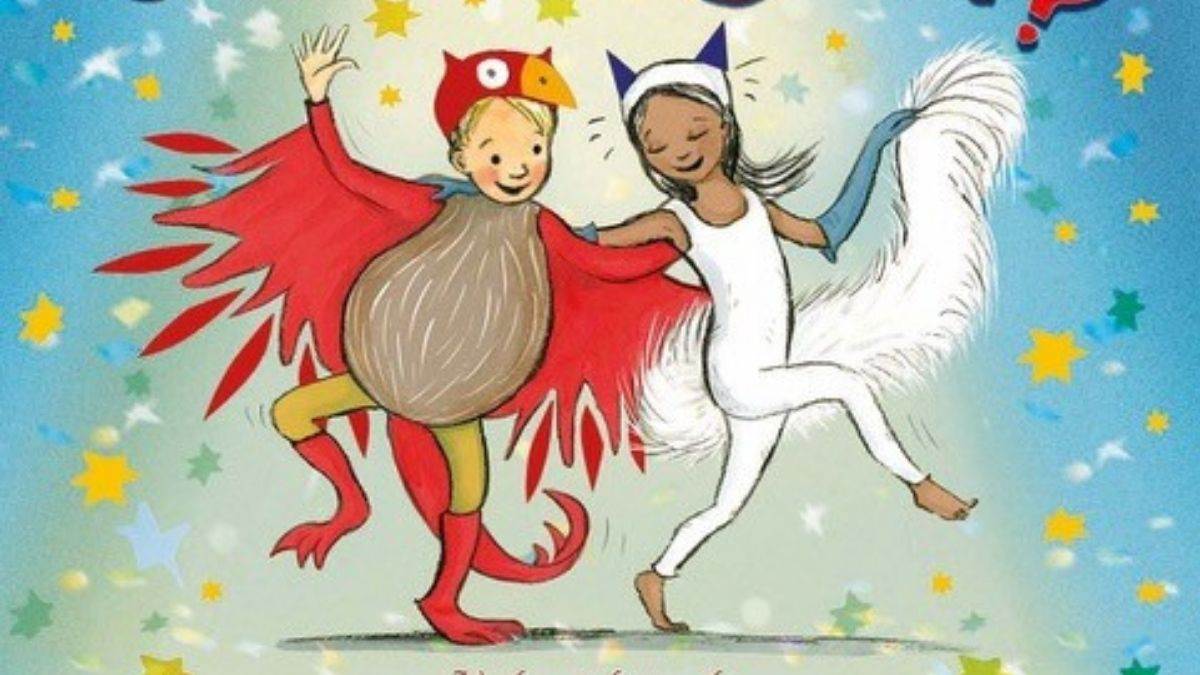You might also like...
Storytime is sacred: Why reading aloud is the most non-negotiable of non-negotiables
Esther Brown for Reading for Pleasure UK shares some top tips for Primary School teachers on making story time the best part of the day.
Five tips for sharing your love of reading with your grandchildren and five books to get you started
Author Susannah Shane shares her top tips for sharing books with your grandchildren and five books to get you started.
Rod Campbell's top tips for reading aloud to children
Dear Zoo author Rod Campbell shares some useful tips for reading aloud to very young children.
Waterstones Children's Laureate: Frank Cottrell-Boyce
Frank Cottrell-Boyce is the Waterstones Children's Laureate for 2024-26.
The role of Children's Laureate is awarded once every two years to an eminent writer or illustrator of children's books to celebrate outstanding achievement in their field. Find out what Frank's been up to.

 Michael Morpurgo
Michael Morpurgo Illustration: Polly Dunbar
Illustration: Polly Dunbar






